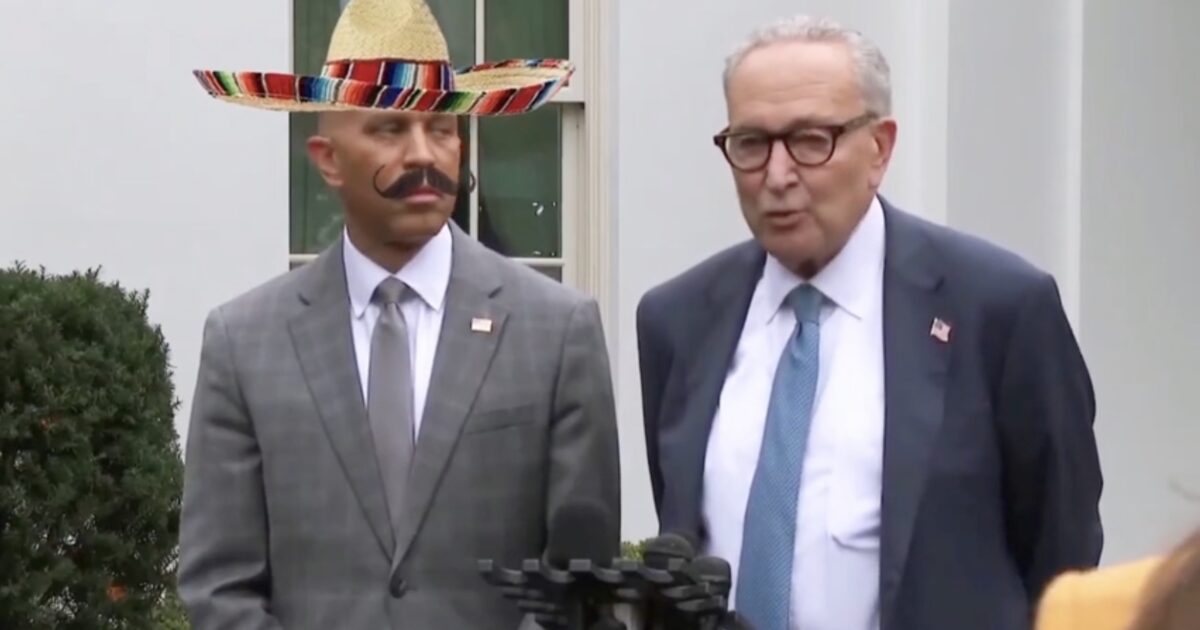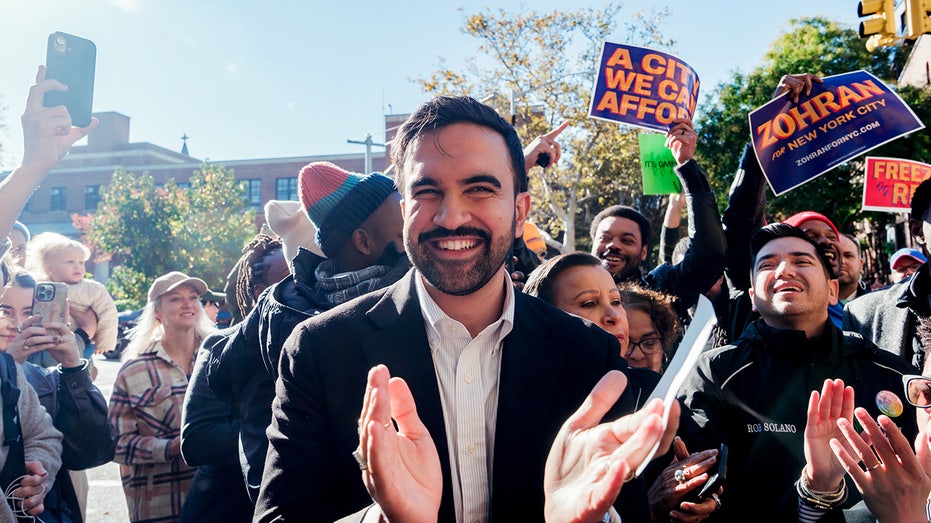The nation holds its breath as the autumn budget looms, just weeks away, promising a potential shift in financial tides. Chancellor Reeves is preparing to unveil her plan on November 26th, and speculation is mounting about the changes that will impact households and the broader economy.
In a surprising turn, the Chancellor has signaled a willingness to consider tax increases, despite a firm election promise not to raise income tax, national insurance, or VAT. She argues that maintaining these commitments would necessitate “deep cuts” to vital public investments, potentially stifling economic growth and long-term prosperity.
However, a glimmer of hope emerges for families struggling with financial hardship. Reeves has hinted at a possible abolition of the two-child benefit cap, a move that could lift an estimated 350,000 children out of poverty. She passionately believes children should not be penalized for the financial circumstances of their parents.

The Chancellor acknowledges a complex global landscape, citing the destabilizing influence of international factors like Donald Trump’s tariffs and the ongoing conflict in Ukraine. These pressures, combined with a recent downgrade of UK economic forecasts, are forcing difficult decisions and a reevaluation of priorities.
Reeves explained that sticking to previous promises would mean sacrificing crucial investments in infrastructure – rail, roads, energy, and digital networks – investments that are vital to boosting the UK’s lagging productivity. She emphasized her commitment to economic stability and doing what is “right for our country,” even if it means deviating from initial pledges.
The recent revision of the UK’s productivity figures by the Office of Budget Responsibility, she noted, reflects the performance of the previous administration. This assessment is shaping the forecasts and influencing the difficult choices now being considered.

Addressing the controversial two-child benefit cap, Reeves underscored the economic costs of unchecked child poverty. She passionately argued that a child’s circumstances should not be a barrier to opportunity, recalling the success of past Labour governments in reducing child poverty and vowing to do so again.
The opposition has reacted sharply, accusing the Chancellor of attempting to deflect blame and making the “wrong choices.” Critics argue that the need for tax increases stems from poor financial management, not unforeseen circumstances.
Introduced in 2017, the two-child benefit cap limits financial support for families with more than two children. Beyond this, rumors suggest potential changes to stamp duty, possibly replaced with a property tax, and a new tax on electric vehicles based on mileage.






